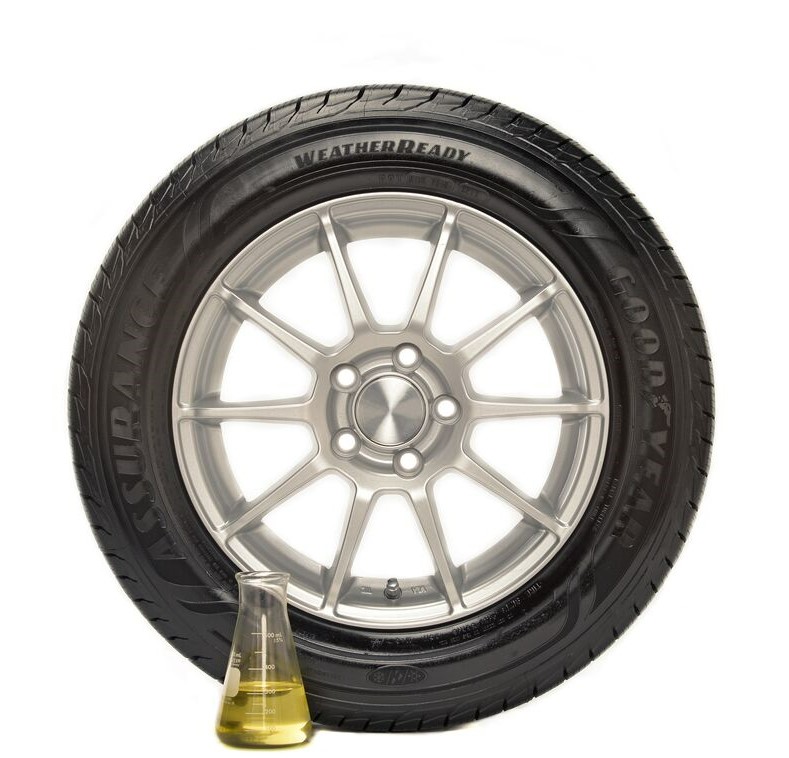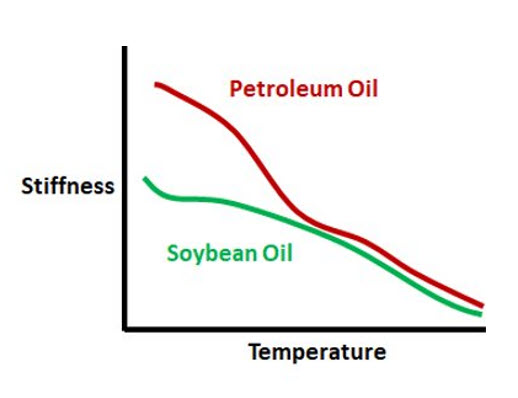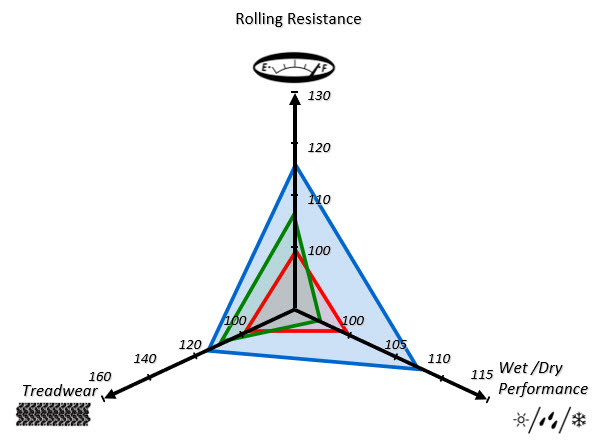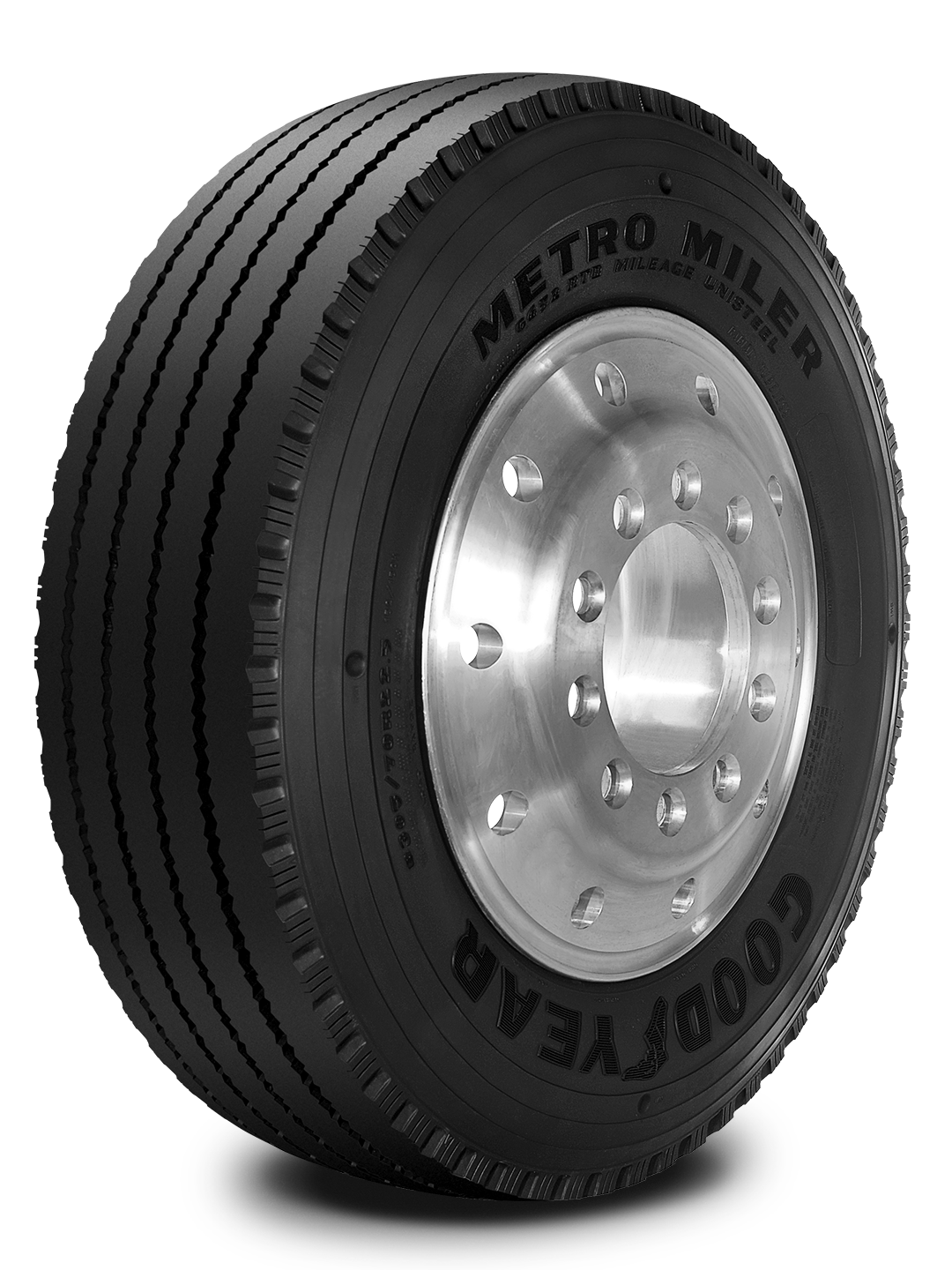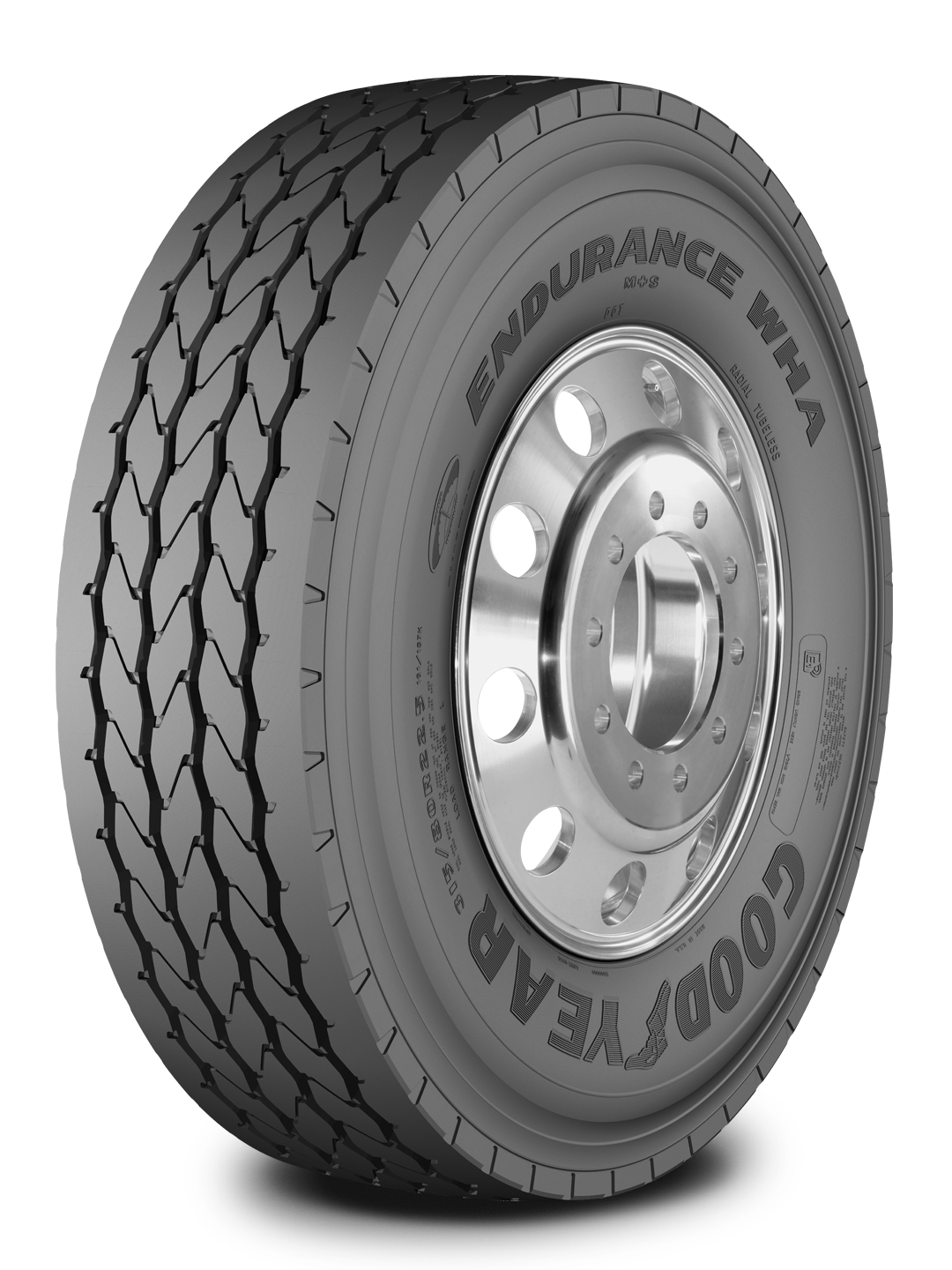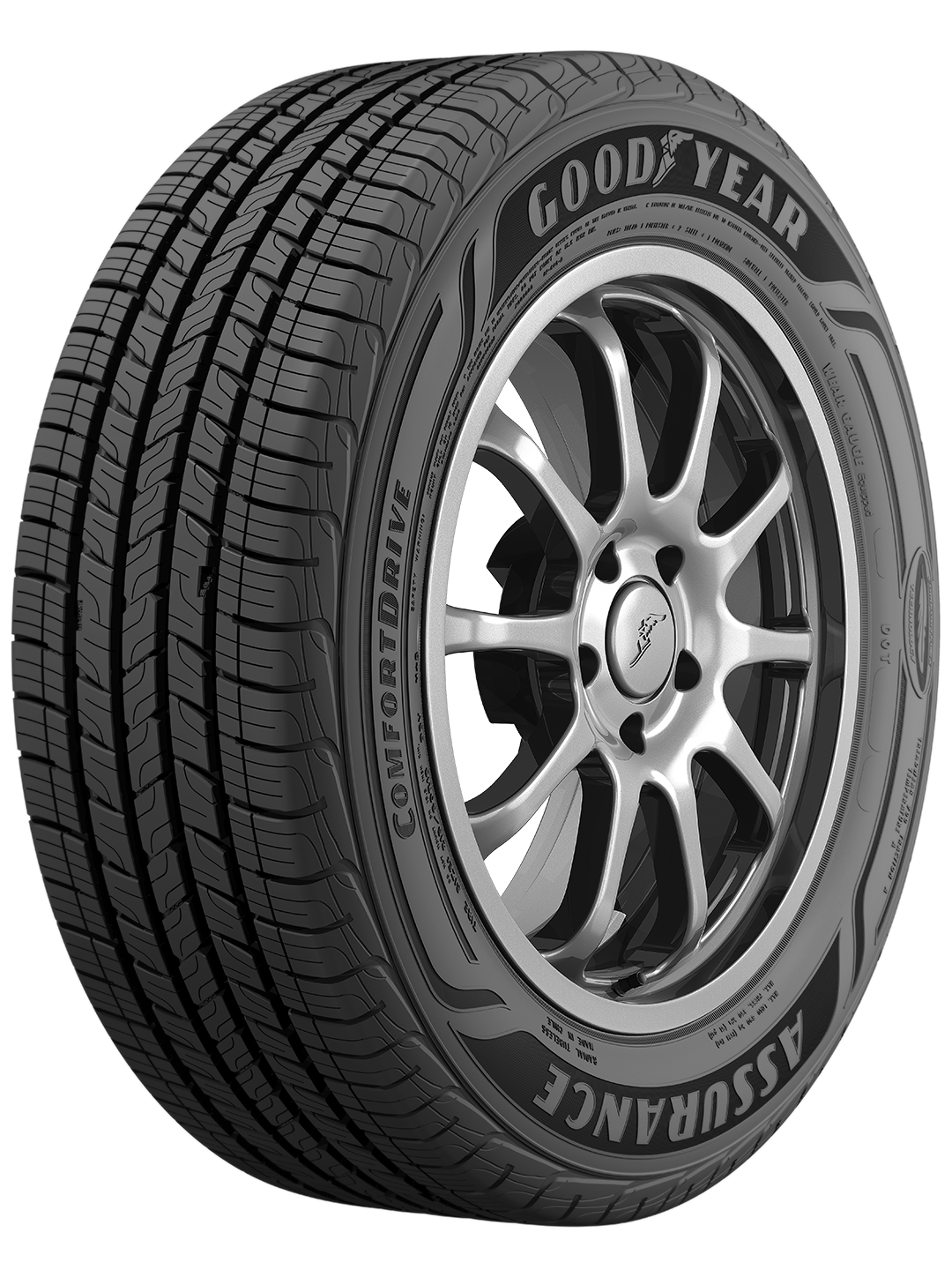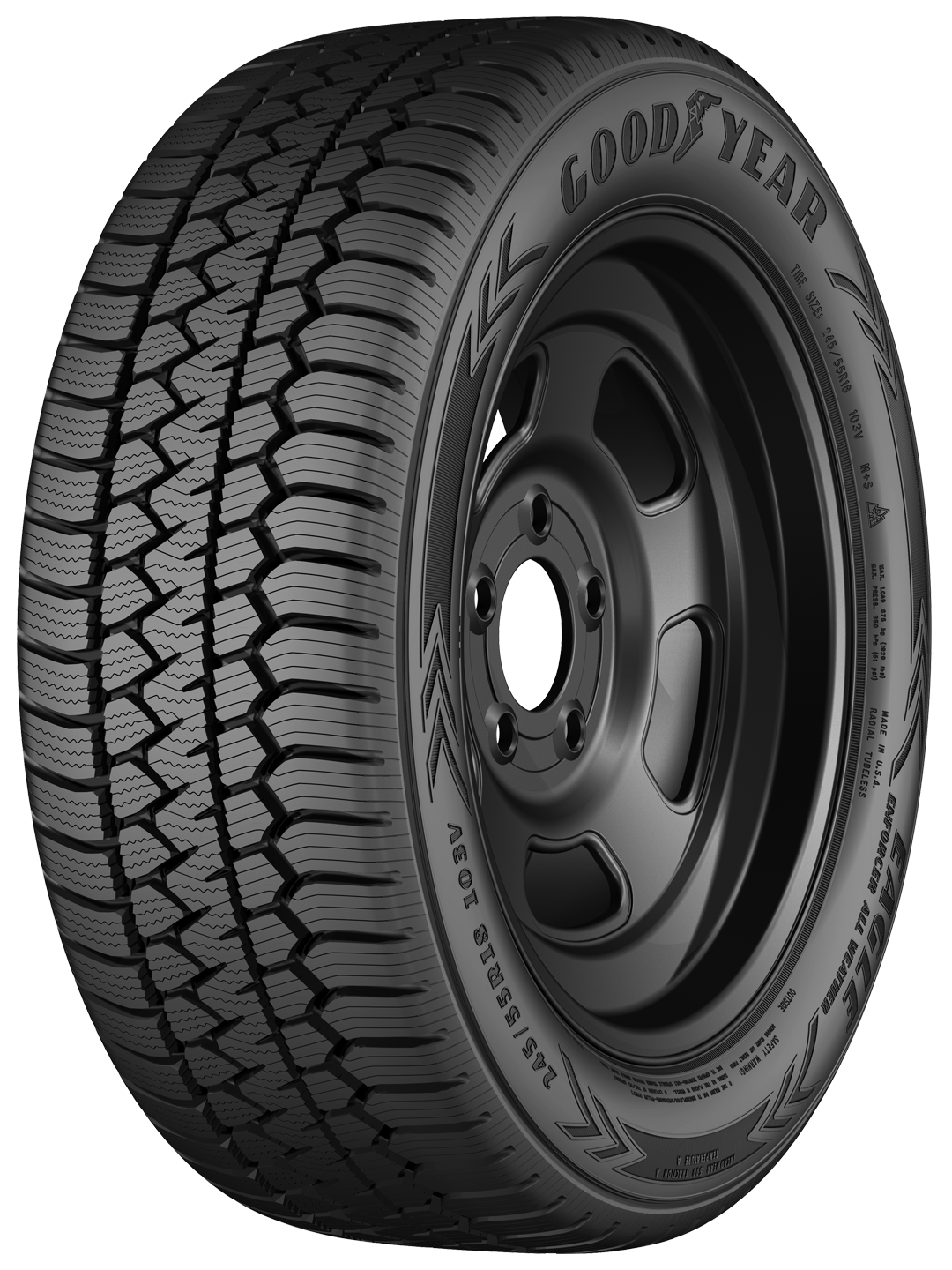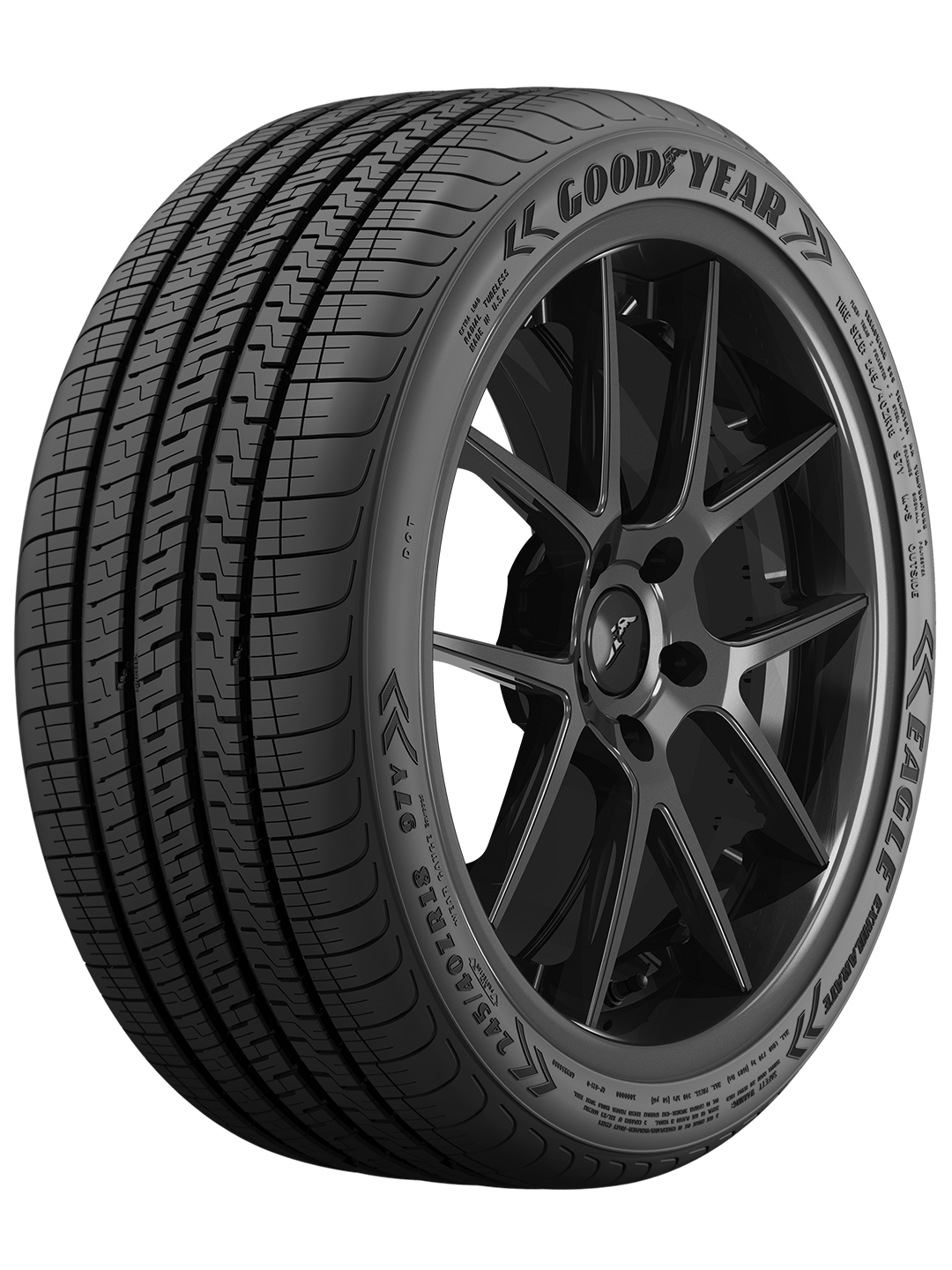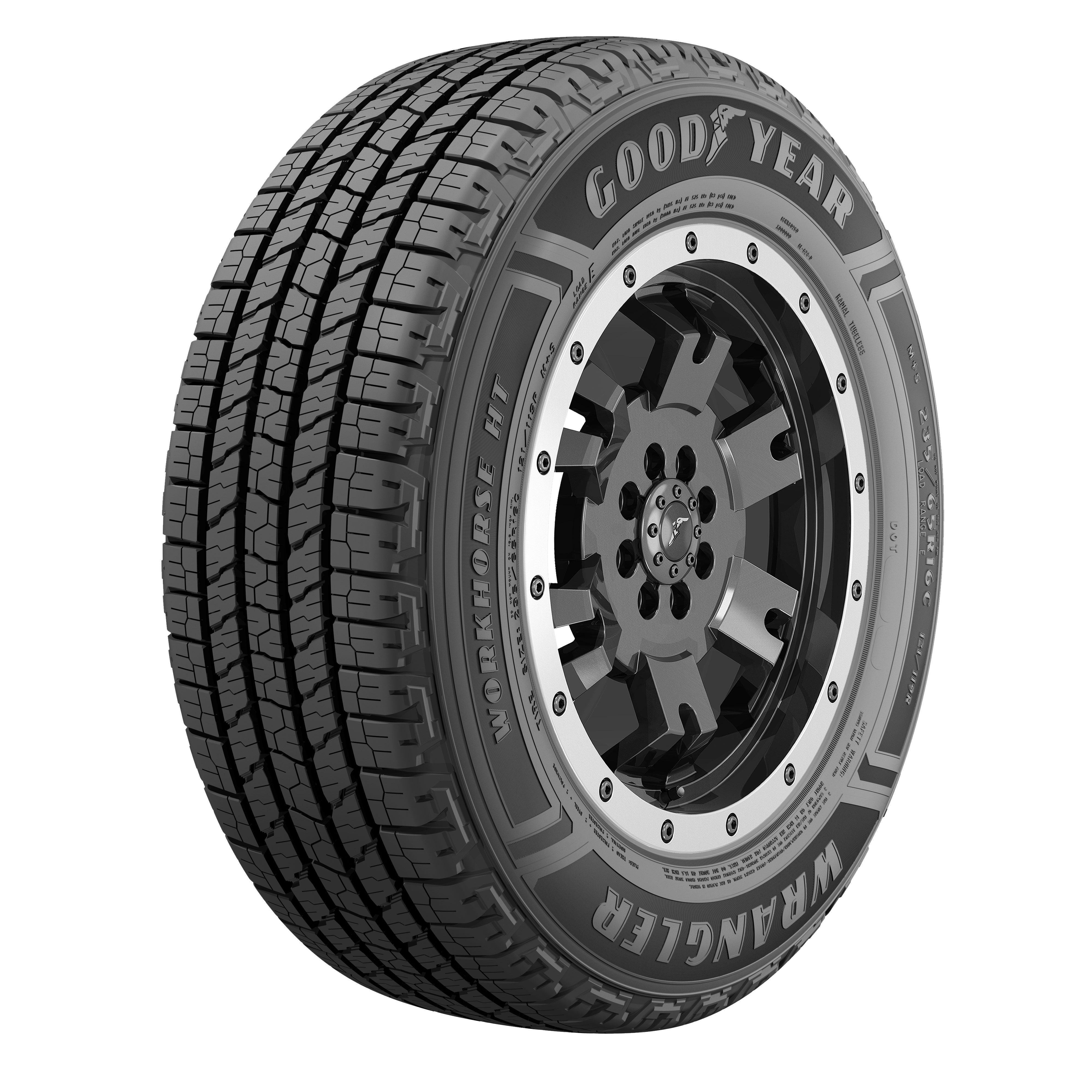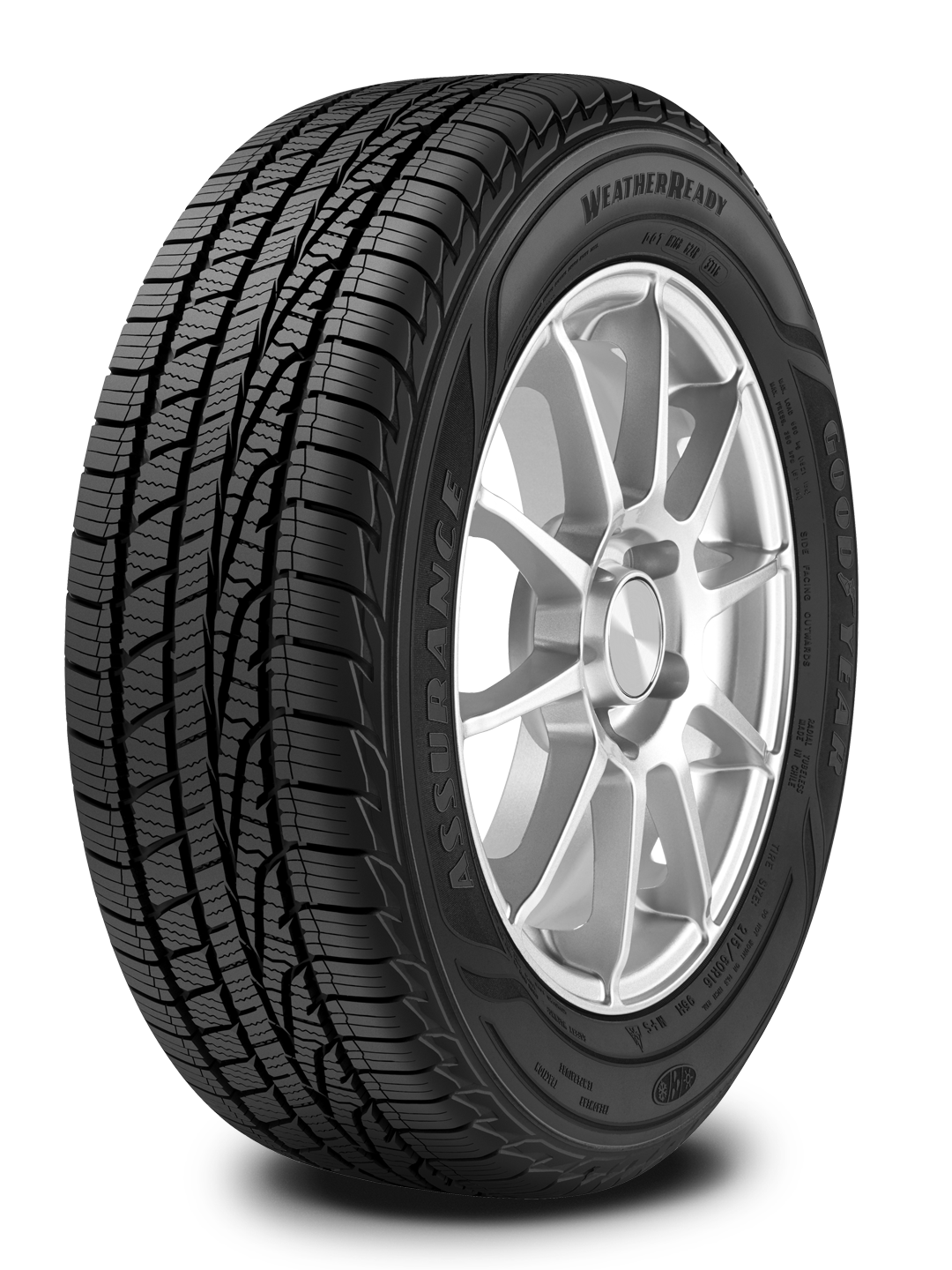
The use of soybean oil provides the driver increased performance from their tires by improving the flexibility of the tire in lower temperatures as well as enhancing the traction in both rain and snow.
While nearly 100% of soy protein is used in food/animal feed applications, a significant surplus of oil is left over and available for use in industrial applications.
We also found that soybean oil mixes more easily with the rubber compounds, leading to reduced energy consumption, and therefore improving manufacturing efficiency.
